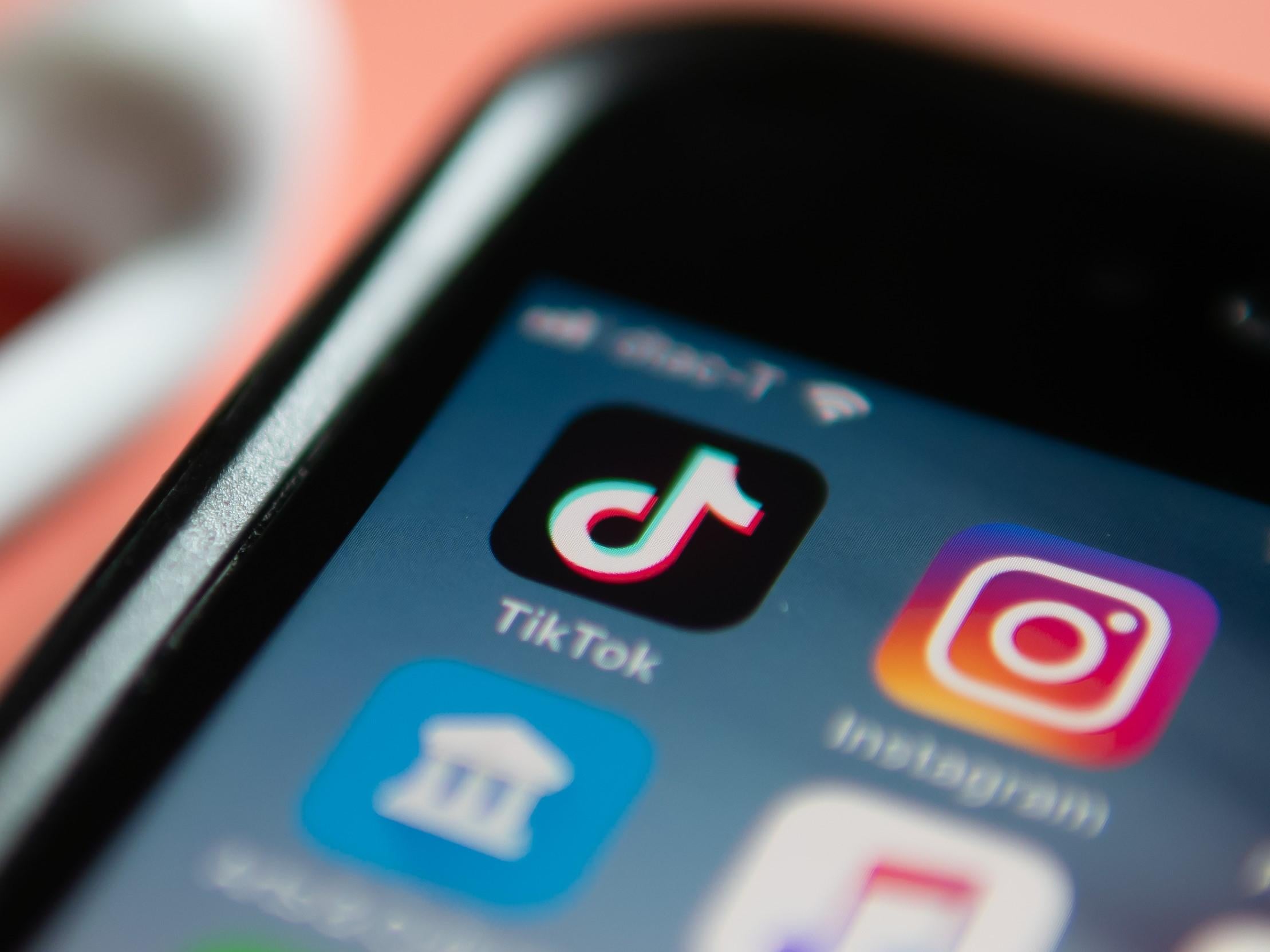The Independent's journalism is supported by our readers. When you purchase through links on our site, we may earn commission.
Reddit boss calls TikTok 'fundamentally parasitic' for its privacy flaws
'The fingerprinting technology is truly terrfying,' Steve Huffman tells Silicon Valley investors

Your support helps us to tell the story
From reproductive rights to climate change to Big Tech, The Independent is on the ground when the story is developing. Whether it's investigating the financials of Elon Musk's pro-Trump PAC or producing our latest documentary, 'The A Word', which shines a light on the American women fighting for reproductive rights, we know how important it is to parse out the facts from the messaging.
At such a critical moment in US history, we need reporters on the ground. Your donation allows us to keep sending journalists to speak to both sides of the story.
The Independent is trusted by Americans across the entire political spectrum. And unlike many other quality news outlets, we choose not to lock Americans out of our reporting and analysis with paywalls. We believe quality journalism should be available to everyone, paid for by those who can afford it.
Your support makes all the difference.The CEO of Reddit has criticised TikTok for being "fundamentally parasitic", claiming the viral video app abuses the privacy and personal data of its users.
Steve Huffman, who also co-founded the social news site, made the comments in front of Silicon Valley investors, entrepreneurs and media at the Social 2030 conference on Wednesday.
Other members of the panel he was part of, including former Facebook executive Sam Lessin, praised TikTok for its innovative features. But Huffman warned that people should be highly sceptical of the Chinese-owned app.
"Maybe I'm going to regret this, but I can't even get to that level of thinking with them. Because I look at that app as so fundamentally parasitic, that it's always listening, the fingerprinting technology they use is truly terrifying, and I could not bring myself to install an app like that on my phone," Mr Huffman said.
"I actively tell people, 'don't install that spyware on your phone'."
According to Tech Crunch, which first reported Mr Huffman's comments, TikTok was one of the major topics of discussion at the San Francisco event.
Since launching four years ago, TikTok has amassed more than 800 million users around the world, largely from a younger demographic.
Its exploding popularity has brought with it significant scrutiny over the way it handles its user's data. Both the US Army and US Navy have blocked the app on government-issued devices, while earlier this week the Transportation Security Administration (TSA) banned employees from using the app over national security concerns.
Mr Huffman's claim that TikTok contains spyware comes after a class action lawsuit in the US that alleged TikTok comes pre-installed with "Chinese survillance software".
TikTok did not immediately respond to a request for comment from The Independent but the Chinese firm has previously denied that the data of US users is ever sent to China.
"We store all TikTok US user data in the United States, with backup redundancy in Singapore," the company said in a statement last year.
"Our data centres are located entirely outside of China, and none of our data is subject to Chinese law. Further, we have a dedidicated technical team focussed on adhering to robust cyber security policies, and data privacy and security practices."
No more specifics were provided in the statement about what data privacy practices were employed, though TikTok's privacy policy states that it collects a vast array of user data.
Information automatically collected by the app includes location data, a user's IP address, browsing and search history, email address, phone number, device type, messages send through the app and even keystroke patterns.
Other data that can be collected include phone and social media contacts, as well as a user's age, name and password.
TikTok's privacy policy states that personal information of its users may be shared with third parties for a variety of reasons, including advertising and research.
Join our commenting forum
Join thought-provoking conversations, follow other Independent readers and see their replies
Comments